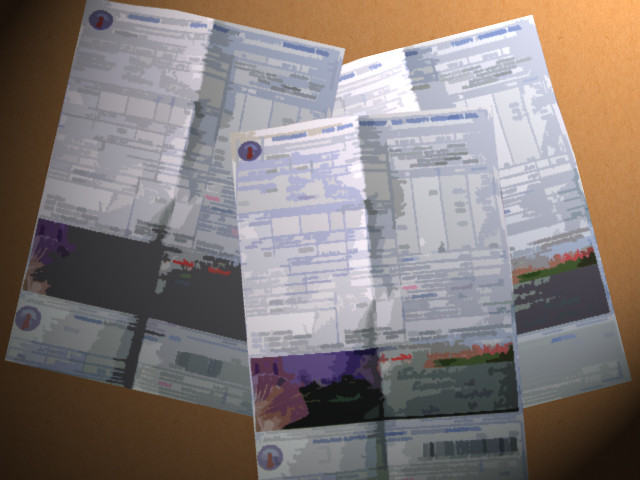Service stations, WASA lock horns over water bills
Owners refuse to pay inflated fees; civic agency responds with disconnection of services

Car wash service station owners and the Water and Sanitation Agency (WASA) have locked horns over a dispute stemming from a drastic surge in water bills, reportedly ranging from Rs0.5 million to Rs1 million per month.
Owners of these stations have refused to pay the heightened fees, prompting WASA to disconnect water access for ten service stations across the city, despite a court injunction.
The clash has intensified, as service station owners stage protests, demanding a resolution.
In defiance of WASA's actions, dozens of station owners gathered outside the WASA office, rallying against the elevated water charges.
Later, they announced a sit-in outside the deputy commissioner's office to escalate their demands. In response to the protest, WASA's managing director engaged with the station owners, inviting them to the negotiating table per directives issued by the Lahore High Court's Rawalpindi Bench.
After this meeting, the service station owners agreed to postpone the planned sit-in.
In their petition to the high court, station owners Javeed Khan and Mohammad Waqar argued that WASA began issuing excessive monthly bills without valid justification, which they claim has severely impacted their businesses. The owners further argued that the recent increase is unlawful and are seeking the court's intervention to have the bills recalibrated according to standard rates.
Justice Jawad Hassan of the high court's Rawalpindi bench responded to the petition by directing WASA to address the station owners' complaints and to suspend the collection of the additional charges temporarily. However, in a surprising turn, WASA proceeded with disconnections at several stations, even removing water lines and motors from the premises.
The move inflamed tensions, leading to a protest outside the WASA office and the announcement of further demonstrations.
The Punjab government recently declined WASA's request for a bailout package and additional funding, instructing the agency to manage its expenses without provincial support. WASA has reportedly not received funding from the start of the fiscal year on July 1 through October 25, leaving it to balance costs independently. This shortfall has led to WASA significantly increasing charges across commercial and residential sectors, sparking discontent among service stations, residents, and shopkeepers alike.



















COMMENTS
Comments are moderated and generally will be posted if they are on-topic and not abusive.
For more information, please see our Comments FAQ